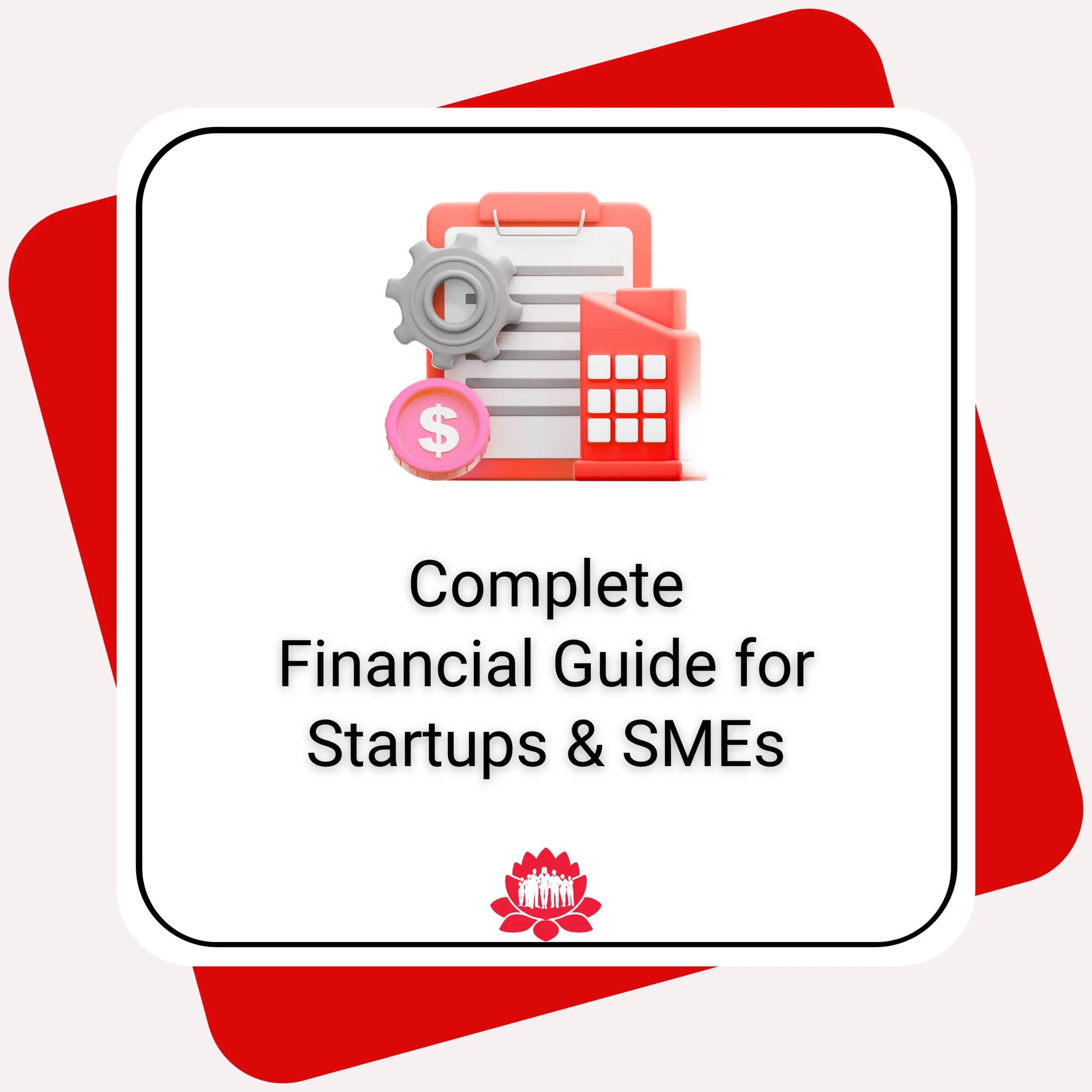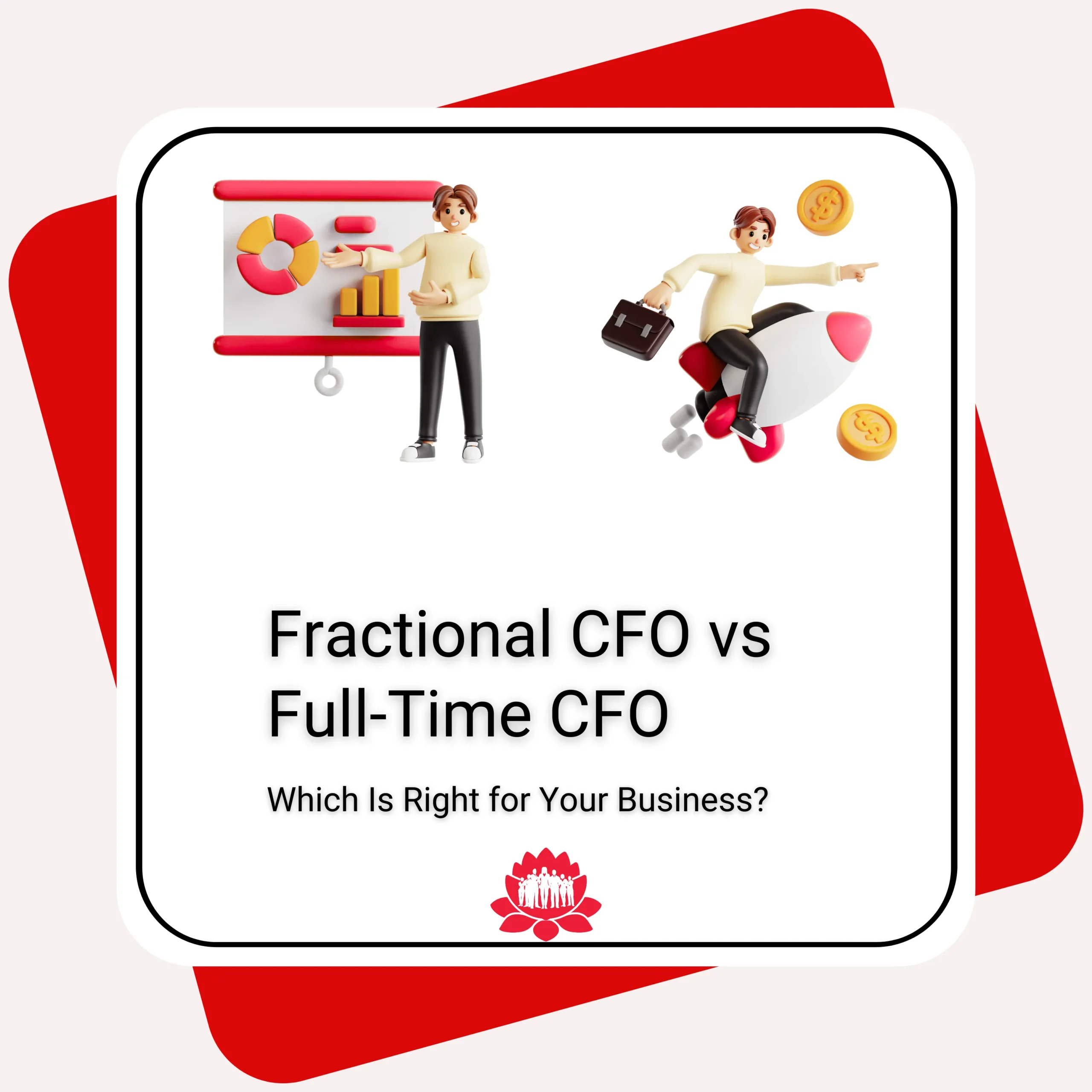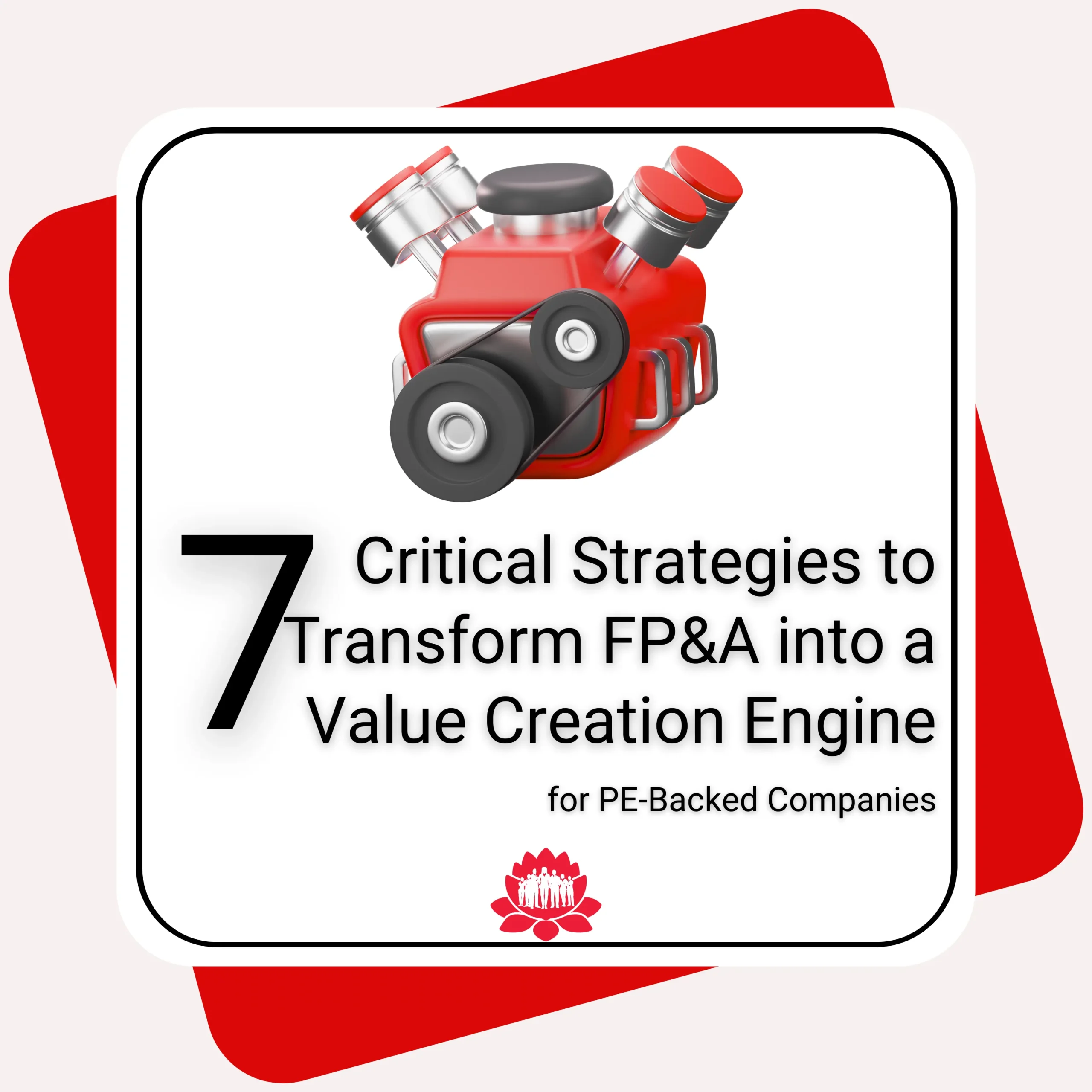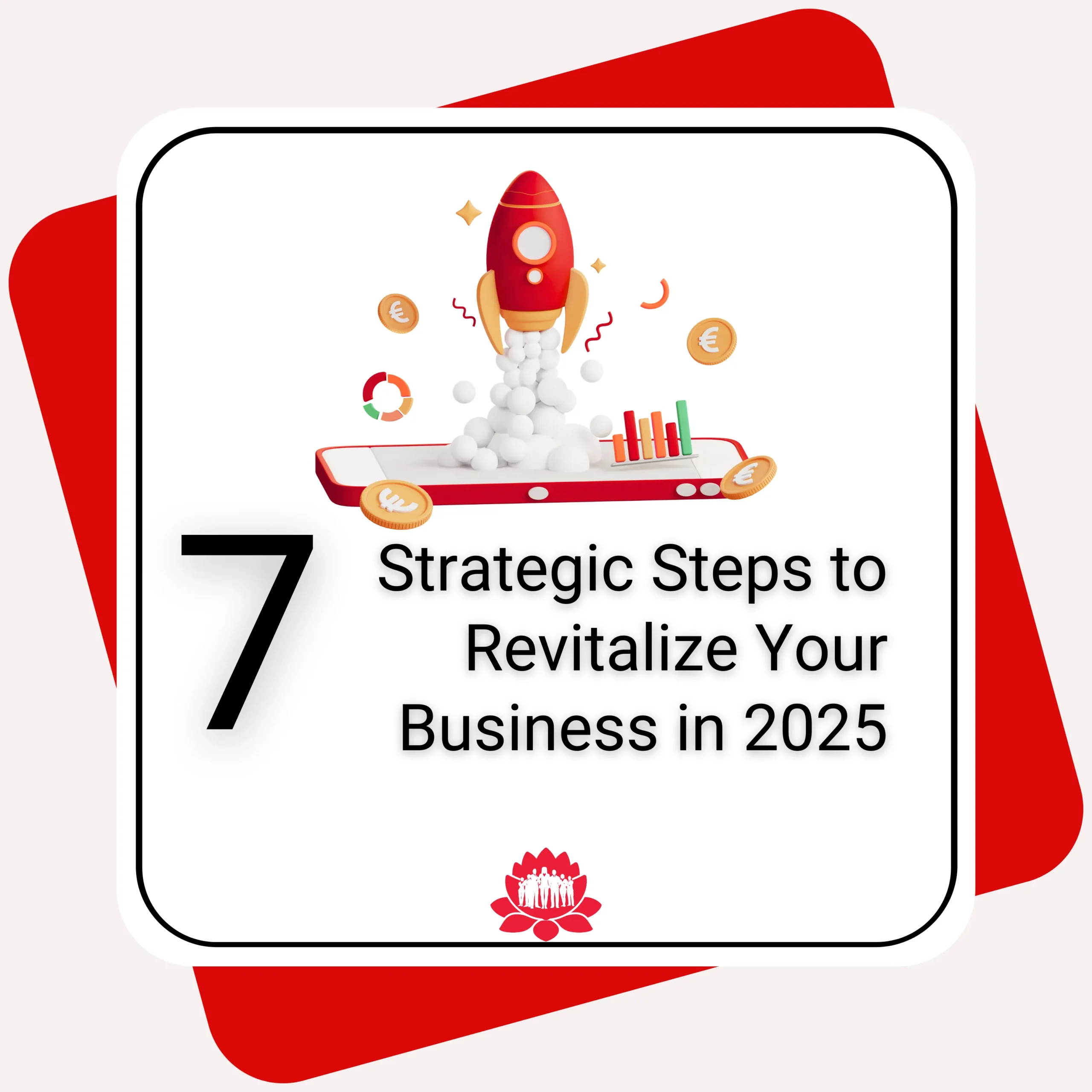7 Unexpected Lessons That Transformed My Fractional CFO Practice
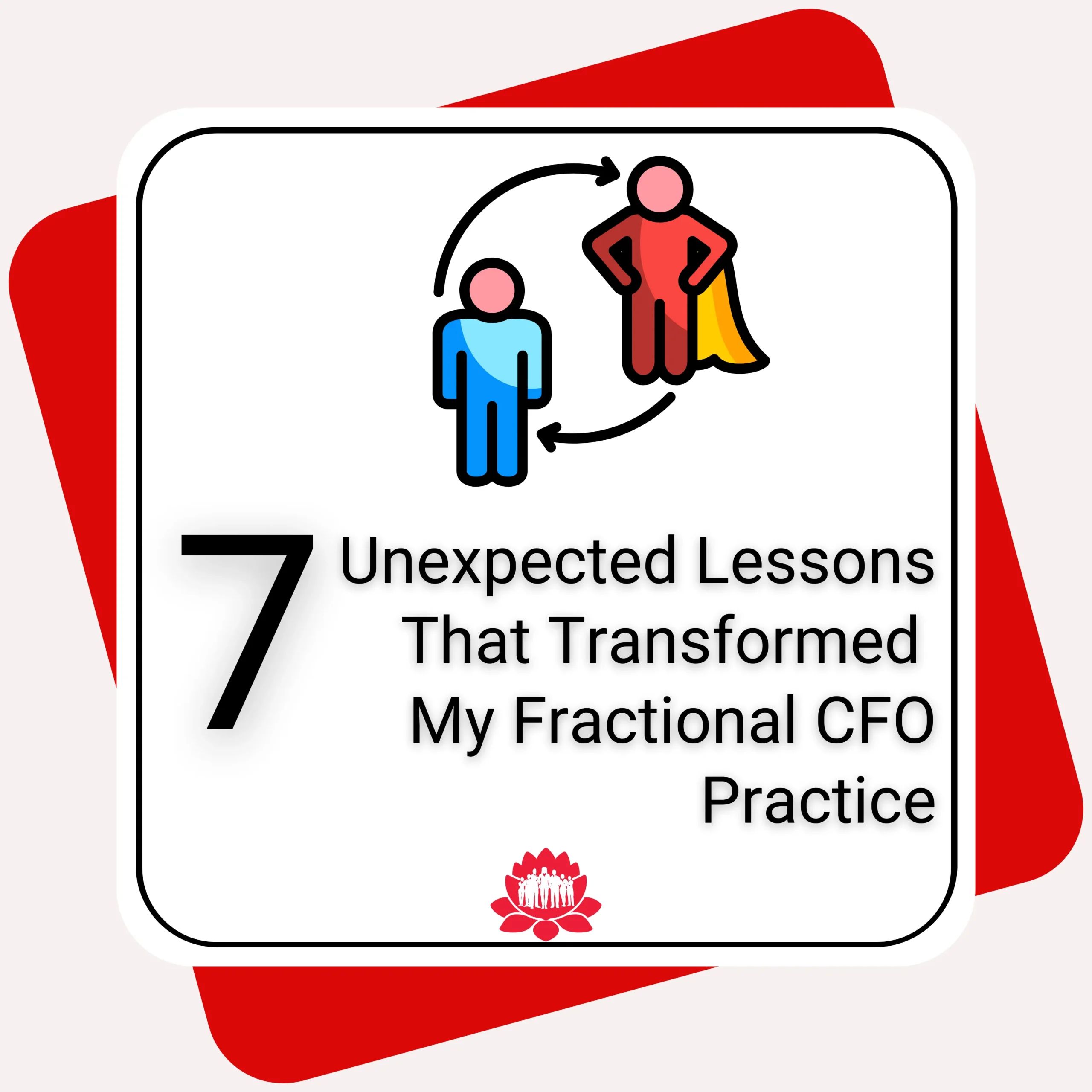
Fractional CFO Practice
When I first launched Platinum AdvantEdge, I had a clear vision: build a fractional CFO firm that delivered best-in-class financial expertise to ambitious founders. With decades of CFO experience within our organization and a track record of guiding companies through complex financial challenges, I was confident that technical mastery would be our primary differentiator.
I was completely wrong.
After years of working with startups and scale-ups across dozens of industries, I've discovered that the most valuable lessons had little to do with financial modeling or technical accounting. The true differentiators were far more nuanced – and much more human.
As The Executive Yogi, I’ve always believed in balancing analytical rigor with deeper wisdom. These seven unexpected lessons have reshaped how I lead my practice and the value we deliver to clients. They represent the evolution from technical advisor to true financial partner.
1. The CEO's Unspoken Fears Drive Financial Decisions
Early in my practice, I approached client meetings armed with financial analyses and data-driven recommendations. But I quickly realized something profound: most founders weren't making decisions based on spreadsheets – they were responding to deeply personal, often unspoken fears.
A SaaS founder I worked with kept delaying a critical fundraise despite perfect market conditions and metrics that supported a strong valuation. During a candid conversation, I discovered his hesitation wasn't about the numbers – it was about fear of dilution and losing control of his vision.
I've learned to begin engagements by creating space for founders to voice these hidden concerns. Only by addressing the human elements – cash runway anxiety, impostor syndrome when talking to investors, fear of making financial mistakes – can we create strategies that will actually be implemented rather than sitting in beautiful slide decks.
The wisdom here isn't complex: even the most data-driven founders make decisions with their gut first, then justify them with numbers. Recognize this reality, and your effectiveness as a financial advisor increases exponentially.
2. Financial Storytelling Trumps Financial Modeling
In my early years, I prided myself on building sophisticated financial models with multiple scenarios and sensitivity analyses. While technically impressive, I've learned that most executives can't translate these models into actionable insights.
What transformed my practice was learning to convert complex financial concepts into compelling narratives that connect directly to business strategy and founder vision.
Instead of telling a client "Your CAC to LTV ratio is suboptimal," I reframed it as: "For every customer you acquire, you're essentially buying a $10 bill with a $20 bill. Let's explore why and how to flip that equation."
The best financial insights remain unused if they're not understood. I now evaluate every analysis, report, and recommendation through one lens: "Is this telling a clear story that drives action?"
In my meditation practice, I often reflect on the power of stories to create meaning. The same principle applies to financial leadership. Numbers without narrative are just digits on a page.
3. Speed Beats Perfection in Early-Stage Finance
I used to deliver comprehensive, meticulously precise financial packages – and then watch founders become paralyzed by the volume of information or, worse, ignore it entirely because it arrived too late to impact decisions.
A board member provided the wake-up call I needed when she said: "A 90% accurate answer today is better than 100% next week." That single insight transformed our entire service model.
Now, we focus on creating "minimum viable financials" – frameworks that provide directionally correct insights quickly, then iterate as the business evolves. These lightweight models reduce decision friction and prevent analysis paralysis while still providing the guardrails needed for sound financial management.
This approach required me to let go of my perfectionist tendencies – a difficult but necessary evolution. The wisdom here comes from understanding that in fast-moving businesses, timing often matters more than decimal-point precision.
4. The Most Valuable Deliverable Is Confidence, Not Reports
Perhaps the most surprising discovery in my fractional CFO journey has been recognizing what clients are really buying: not financial expertise itself, but the confidence that comes from having financial clarity.
A founder once told me after a board meeting: "I didn't use all the slides you prepared, but knowing you were behind me gave me the confidence to field every financial question."
This insight fundamentally changed how I measure success. Beyond the tangible deliverables – the cash flow forecasts, the financial models, the investor decks – our true value lies in the intangible confidence we instill in leadership teams.
I now deliberately build this confidence through:
- Preparing founders for investor and board questions they fear
- Creating simple frameworks for making recurring financial decisions
- Demystifying financial concepts that intimidate even experienced operators
The lesson is profound: technical excellence is table stakes, but emotional intelligence is the multiplier that transforms our impact.
5. Financial Empowerment Outlasts Financial Expertise
When I began my fractional practice, I thought clients primarily wanted us to handle financial functions they couldn't or didn't want to manage themselves. I was partially right – they did want solutions to immediate challenges.
But the deeper value, I discovered, was in teaching them to develop their own financial acumen. Our highest-impact engagements weren't those where we did the most work, but rather where we:
- Taught founders to interpret their metrics like seasoned CFOs
- Built internal teams that "spoke finance" fluently
- Created simple systems that provided financial clarity without CFO intervention
One software client initially engaged us to manage their fundraising process. By the next round, we had equipped them with the knowledge and frameworks to lead investor conversations independently, ultimately securing a higher valuation than we had projected.
As The Executive Yogi, I've always believed that true wisdom comes from empowering others. This principle now guides how we structure every client engagement – designing ourselves out of the process rather than creating dependency.
6. The Best Financial Insights Come From Outside Finance
Perhaps the most unexpected lesson in my journey has been discovering that the most valuable financial insights often originate outside the finance function entirely.
Early in my practice, I focused almost exclusively on financial data. Now, I deliberately seek perspectives from across the organization – customer support teams who understand retention drivers, marketing specialists who see acquisition trends, product managers who know feature utilization patterns.
A consumer brand I advised was struggling with declining margins. While the financial data highlighted the problem, the solution came from customer support transcripts that revealed subtle shifts in customer expectations that weren't being met – leading to higher return rates and lower repeat purchases.
I've learned to approach every financial challenge with interdisciplinary curiosity. Some of my most valuable questions start with:
- "What are customers saying about..."
- "How has the product usage pattern shifted since..."
- "What trends are your frontline teams observing that might not show up in the data yet..."
This integrated approach delivers financial insights that are not just accurate but actionable and aligned with operational realities.
7. The Fractional Model Is About Financial DNA, Not Outsourcing
The final and perhaps most profound lesson has transformed how I explain our value proposition. Fractional CFO work isn't about outsourcing finance – it's about upgrading a company's financial DNA during critical evolutionary phases.
Unlike traditional outsourcing, our goal isn't to take over financial functions permanently. Instead, we:
- Establish financial systems that scale with the business
- Transfer knowledge and capabilities to internal teams
- Embed financial thinking throughout the organization
- Create sustainability that continues after our engagement ends
One founder captured this perfectly when she said: "You didn't just help us through this funding round – you changed how everyone in the company thinks about capital efficiency."
This shift in perspective – from service provider to transformation partner – has completely redefined how we structure engagements, measure success, and deliver value.
“For founders considering fractional financial leadership, look beyond technical credentials. The questions that truly matter are: Can this person translate complex financial concepts into stories that drive action? Will they build your team’s capabilities or create dependency? Do they understand the human dynamics behind financial decisions?”
Neeti Dewan
CEO, Platinum AdvantEdge
Final Thoughts From The Executive Yogi
After years guiding companies through their most challenging financial transitions, I've learned that technical expertise is merely the foundation. The true differentiators are more nuanced: emotional intelligence, storytelling ability, comfort with imperfection, and a commitment to empowerment rather than dependency.
The fractional CFO model offers something uniquely valuable in today's business landscape – the ability to inject senior financial leadership precisely when and how it's needed most. But delivering on this promise requires moving beyond traditional CFO capabilities into a more integrated, human-centered approach.
As The Executive Yogi, I've always believed that wisdom comes from balancing analytical rigor with deeper insight. These seven lessons represent that balance – the marriage of financial expertise with the human elements that ultimately determine whether that expertise creates lasting impact.
For founders considering fractional financial leadership, look beyond technical credentials. The questions that truly matter are: Can this person translate complex financial concepts into stories that drive action? Will they build your team's capabilities or create dependency? Do they understand the human dynamics behind financial decisions?
The fractional model isn't just a staffing solution – it's a transformative partnership that can fundamentally reshape your company's relationship with financial strategy, capital, and growth.
Over the years we’ve grown an excellent team at Platinum AdvantEdge, as a reputable and experienced Fractional CFO practice. Reach out to us to get that Platinum AdvantEDGE.


